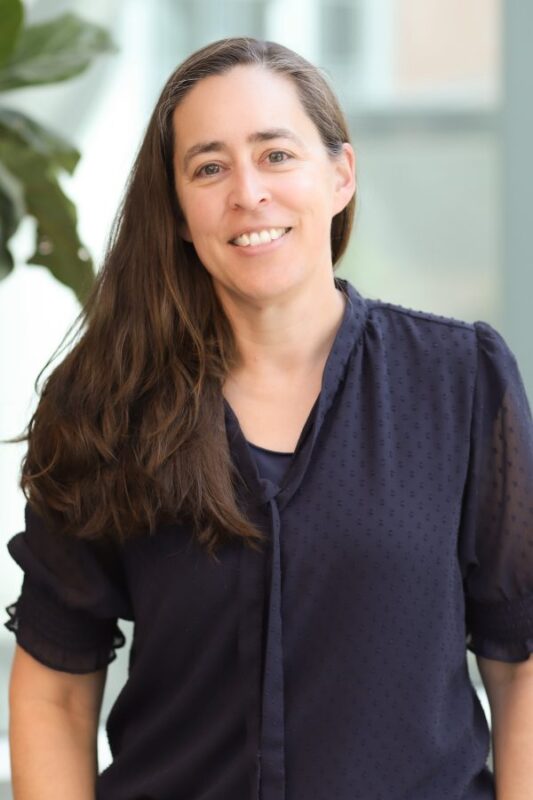

University of Utah Health professors Amy Barrios and H. Joseph Yost have been elected as Fellows of the American Association for the Advancement of Science (AAAS), a lifetime honor that celebrates their excellence in research and commitment to mentoring the next generation of scientists.
Yost and Barrios join a distinguished cadre of AAAS Fellows at the U, including Nancy Songer, Thure Cerling, Vahe Bandarian, Eric W. Schmidt, Jennifer S. Shumaker-Parry, and Mario Capecchi.
This year’s cohort of 502 fellows will be celebrated at a forum in Washington, D.C., in September 2024, as well as being featured in the AAAS News & Notes section of Science in April 2024.
Barrios, professor of medicinal chemistry in the College of Pharmacy, was elected “for distinguished contributions enabling the therapeutic targeting of mammalian protein phosphatases, for mentoring, and for service to the community.”
“This is an amazing honor to be nominated and elected as a fellow of the AAAS, but it also recognizes the amazing work that my graduate students, postdocs, and collaborators have done,” Barrios said.
Barrios’ research focuses on a group of enzymes called protein phosphatases, which are essential for a vast array of biological processes. Her lab builds tools to learn about the roles these enzymes play in health and disease.
“These enzymes are involved in diseases ranging from cancer and autoimmunity to metabolic disease and substance use disorders,” she said, “so there are lots of interesting therapeutic potential applications.”
Barrios also investigates how metal ions, especially drugs that include gold ions, work in the body and explores how gold-based drugs can be used to treat parasite infections like dysentery and toxoplasmosis
Barrios’ selection as a fellow of the AAAS also honored her commitment to mentoring.
“Something I’ve worked really hard on over my career is mentoring and creating spaces on campus where people from diverse backgrounds can be successful in their careers on their own terms,” she said. “It’s really important for everyone’s voice to be heard and to be able to have everyone contribute to science so that we get much more diverse perspectives and more diversity in what we explore scientifically.”
– University of Utah
Read the rest of the article here!
